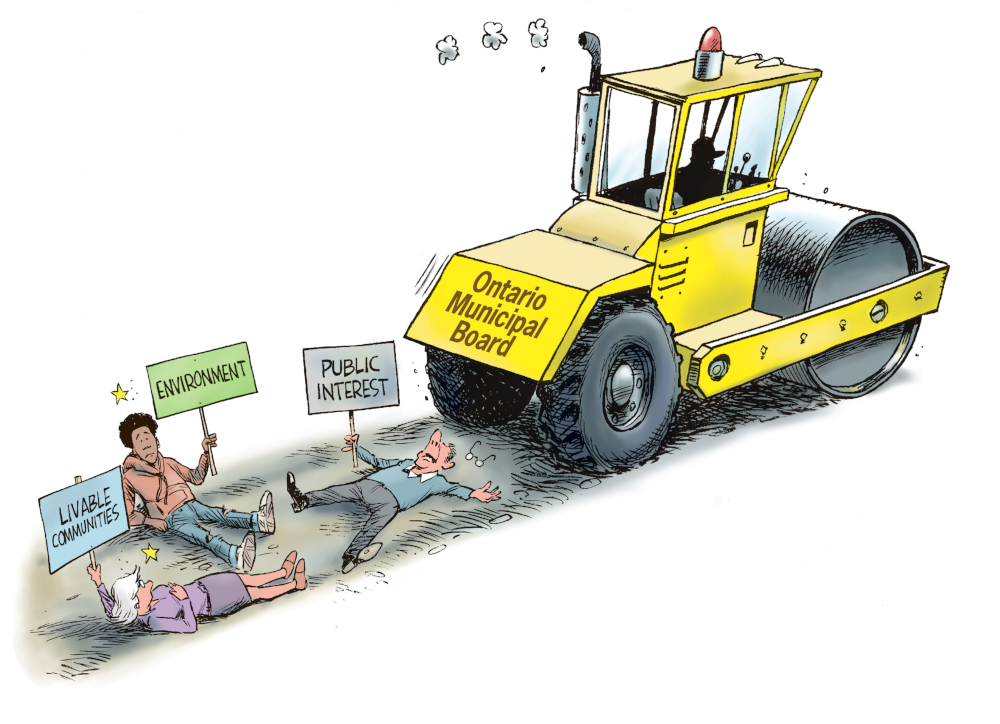An exceptional compendium of content from 32 visionaries and experts from
around the globe who will give you practical steps to take — things you can do
right now to make a difference.
https://sustainabilitynowsummit.com/presell-page
Starting at 6AM (EDT) each day, you’ll have a 48-hour, ON DEMAND, ALL-ACCESS
PASS to that day's presentations — so you can watch at your convenience.
https://www.facebook.com/groups/SustainabilityNowSummit/
 7 Extraordinary Days with 32 Sustainability Icons From 9 Countries
7 Extraordinary Days with 32 Sustainability Icons From 9 Countries
Sharing
Solutions and Hope for a Thriving Future
SCHEDULE
DAY
1: SATURDAY, JUNE 1
Alosha
Lynov – Off-Grid Water Systems
Marina
Qutab – Waste Not Want Not: Zero Waste Solutions for Daily Living
Ryan
Eliason – How to Change the World Without Going Broke
Sean
Steed – Plant-Based Epoxy: a Case Study for Circular Economy
Zach
Bush – Chemical Farming, Ecology & Human Health — A Path to Regeneration
DAY
2: SUNDAY, JUNE 2
Alexander
Verbeek – Climate Change and Planetary Security
Brother
Phil Lane – The International Treaty to Protect & Restore Mother Earth
Heshie
Segal – Clean Water on the Go: Reducing Plastics and Protecting Our Health
Mike
Strizki – Hydrogen Micro-Grids: Clean Power for the Future, Now
Summer
Bock – How Fermented Foods Can Repair Our Health
DAY
3: MONDAY, JUNE 3
Hazel
Henderson –
How Halophyte Plants** Can Help Solve the Global Food Crisis
Jay
Potter – ECOR: From Waste Stream Fiber to Circular Economy
Jorgen
Hempel – Hemp and Hydrated Lime Construction
Ronit
Herzfeld – Beyond Bias: Moving From “Me” to “We”
William
Padilla-Brown – Cultivating Culinary and Medicinal Mushrooms
DAY
4: TUESDAY, JUNE 4
Brian
D. Ridgway – Finding Freedom
Judy
Wicks – Nurturing Local Economies
Kristen
Comella – The Regenerative Power of Your Own Stem Cells
Reggie
Nayar – The Dirty Truth About Waste and Recycling
DAY
5: WEDNESDAY, JUNE 5
Jon
Ramer – Deep Social Networking as a Vehicle for Global Change
Judah
Becker – Aquaponics: a Path to Self-Sufficiency
Michael
Rice and Zana Zu – Holistic Design
Dr.
Richard Satava – Frontiers of Medicine and the Ethics of Medical Breakthroughs
DAY
6: THURSDAY, JUNE 6
Amy
Oskins & Amzi Smith – New Paradigms for Housing: Earthship 2.0
Hajjar
Gibran – Earthy meets Elegant with AirCrete Construction
Larry
Sterns – Composting Toilets and Waterless Waste Solutions
Paul
Rodney Turner – Sharing Food, Sharing Compassion
Vinit
Allen – We ARE the Planet: Redefining the Human Family
DAY
7: FRIDAY, JUNE 7
Jessica
Cooper – Work Environments Designed to Help People Thrive
John
Todd – Restoring Water and Land with Biologically-Based Eco-Machines
Michael
Gosney – Vehicles of Social Change
Michael
Pawlyn – Solving Design Challenges Through the Wisdom of Nature.
**Note: Halophytes are good
for more than just food!

